Those in the construction trade who favor high-quality surfaces for tiling solutions will like the floor tiles’ longevity and the simplicity with which they can be maintained.
Some of the porcelain and ceramic outdoor floor tiles sold by Selco are durable enough to endure the foot activity found in residential settings.
Porcelain tiles, rather than ceramic ones, would produce a more reflective surface than the latter. Clay may be found as the primary component in each of these compounds.
The temperatures and pressures needed to fire porcelain tiles are far higher than those needed to fire clay tiles. In addition, the clay used to make porcelain tiles must be ground much more finely.
Because of this, porcelain tiles are durable, may endure for a very long time, are almost hard to damage, and are waterproof.

Those of you in the United Kingdom who have an approaching building project and are looking for a place to shop for porcelain tiles, you have found the right place.
Because we are one of the most reputable producers of indoor porcelain tiles in the UK, you can put your faith in us when we tell you both the positive and negative aspects of this product.
Because they may be used both indoors and outdoors, porcelain tiles are among the best options for flooring because they are so versatile.
These tiles will not break or shatter even under extreme pressure, such as when a lot of weight is placed on them or when numerous people walk on them.
Porcelain, in comparison to the majority of other types of ceramics, has a larger thickness. Because water molecules are too big to permeate the surface of the tile, water cannot leave stains on the tile and cannot cause floods.
Porcelain tiles, in addition to having a wonderful appearance, require relatively little upkeep. It is not necessary to use any specialized sealants or cleaning agents in any way.
It is possible that the tiles’ magnificent beauty may remain for decades to come if they are cleaned regularly using common cleaning materials.
The choice that will endure the longest are tiles made of porcelain. If you choose porcelain tiles, even if one of them cracks, you won’t be able to tell because they are all the same size and color.

Because porcelain tiles only absorb 0.5% of the water that they weigh, it may be said that they are water resistant to a certain extent.
Because it does not readily take up water, it is ideally suited for use in environments that are exposed to the elements. It is resistant to the effects of dampness, ice, and temperatures below zero.
Because they are able to weather even the harshest winters, porcelain tiles are an excellent choice for the flooring of outdoor spaces such as patios, verandas, and balconies.
The same porcelain tiles are used on both the inside and outside of a great number of buildings that were created by well-known architects. Utilizing this technique will provide the impression that your home consists of only a single sizable area.
There is a large selection of porcelain tile sizes available, ranging from very small subway tiles to slabs that are 3 by 10 feet in size.
You will have no trouble finding porcelain tiles to meet any and all of your design requirements, regardless of whether you are renovating your kitchen or putting in a large showroom.
The patterns that are used for porcelain tiles are quite comparable to those used for ceramic tiles. Tiles made of porcelain are becoming more popular as a consequence of the adaptability of this material.

This category includes a wide variety of materials such as stone, wood, linen, and leather, to name just a few examples.
In contrast to natural stones, porcelain requires far less upkeep, making it the superior material to useBecause they are impervious to fire and water, tiles produced from porcelain do not require any further maintenance beyond normal cleaning.
Porcelain tiles, which are less expensive and more long-lasting than natural materials such as stone or oak, may trick even the most observant observer.
The use of porcelain tiles, just like the use of any other material, is not without its share of benefits and drawbacks. The following materials cannot be used in conjunction with porcelain tiles:
Because of its increased density, cutting porcelain tiles necessitates the use of specialist equipment. It is also crucial to have qualified professionals available for the installation process.
When utilized as a wall covering, porcelain tiles are typically too heavy to be considered practical. If you live in a high-rise or are remodeling an older building or home.
you should check to see whether or not the beams in your home or structure are strong enough to support the weight of porcelain tiles.

The fact that porcelain tiles are uncomfortably cold to the touch is among the most common criticisms leveled against them.
When one first opens their eyes in the morning, the last thing one wants to see is anything unpleasant, such as a floor that is cold.
However, porcelain tiles have another, less obvious benefit that more than makes up for this limitation of the material. When considering the benefits of under-floor heating and the ease of under-floor installation, porcelain tiles are an excellent option to consider.
If you want to install radiant floor heating, your best bet is to use floor tiles made of ceramic or porcelain rather than another material.
Installing porcelain tiles comes with a number of advantages, and the few possible negatives can typically be overcome through alternative means.
Before deciding whether or not porcelain tiles are the best choice for your next home improvement project, you should consider the perks and downsides of using porcelain tiles.
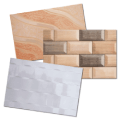
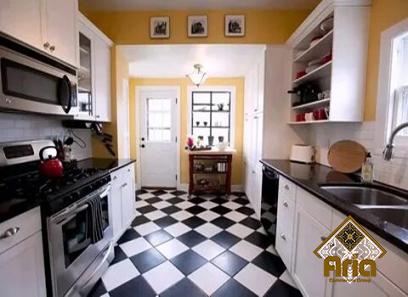
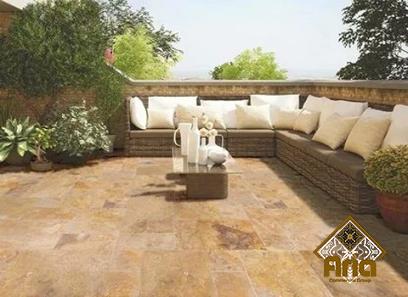
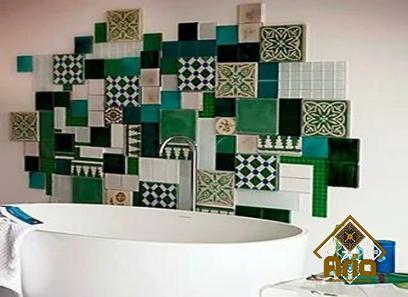
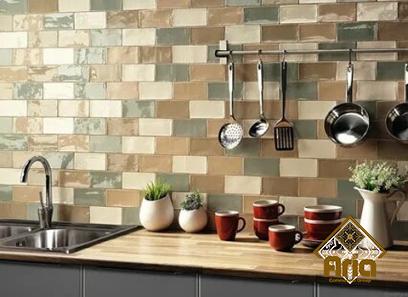
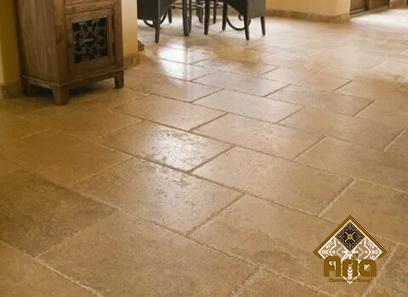
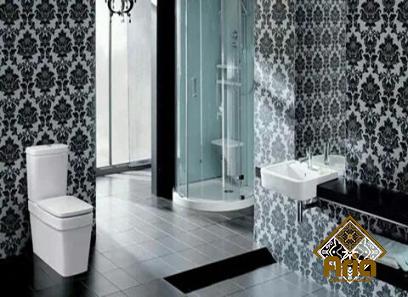
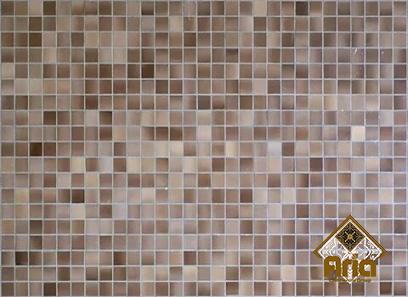
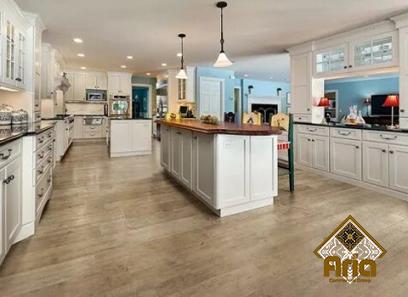
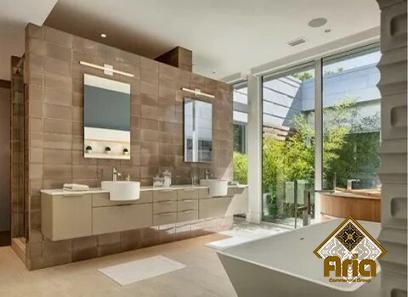
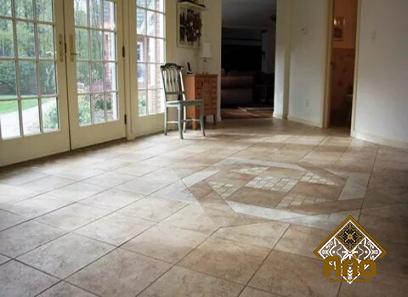
Your comment submitted.